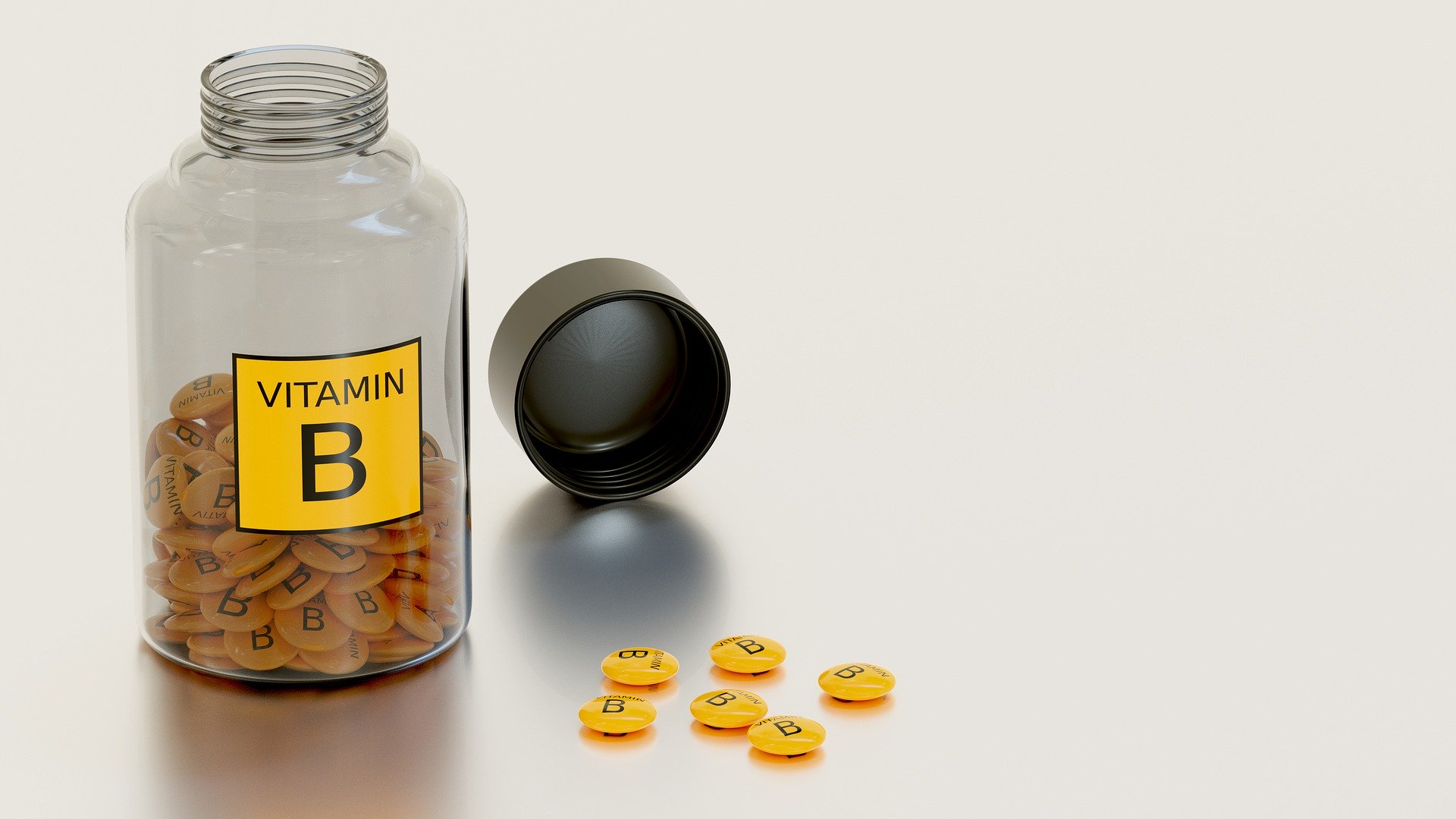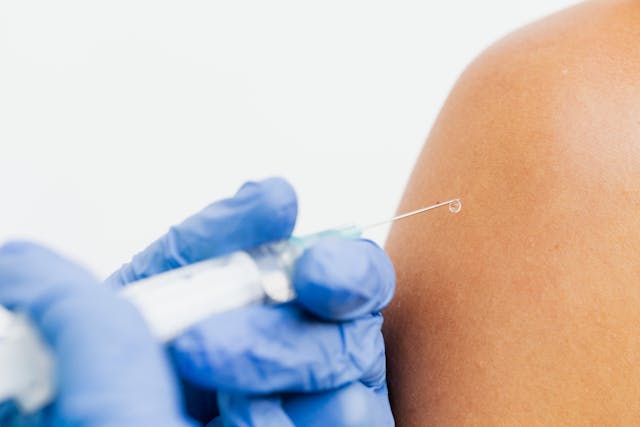
Vitamin B Could Relieve COVID
Doctors remain focused on finding treatments that could slow down or stop deadly immune overreactions to COVID-19, known as a “cytokine storm.” Furthermore, nutritionists are trying to find ways to stop it even before it starts.
At the beginning of the COVID pandemic, the recommendations of health experts were focused mostly on vitamin C and vitamin D, since they can significantly strengthen the immune system, but the latest findings show that equally important vitamin is being overlooked, but may also be very helpful – vitamin B.
The study, which was published this week in the journal Maturitas, was a result of a joint collaboration between researchers at the University of Oxford, United Arab Emirates University and the University of Melbourne. This study advocated for more analysis and research of its effects on patients with COVID-19, as well as whether B can actually help COVID-19 patients.
The researchers did not actually test the vitamin on patients, but did point out that it has a number of effects that could ameliorate COVID-19. The authors wrote as follows: ”Vitamin B … plays a pivotal role in cell functioning, energy metabolism and proper immune function. Vitamin B assists in proper activation of both the innate and adaptive immune responses, reduces pro-inflammatory cytokine levels, improves respiratory function, maintains endothelial integrity, prevents hypercoagulability and can reduce the length of stay in the hospital.”
What is Vitamin B
The list of vital functions that include B vitamins is really long. Each has its own “task” and they often complement each other, so they participate in thousands of crucial processes in the body.
Vitamin B complex is made out of eight different essential types, including B-2 (riboflavin), B-6 and B-12. It affects many parts of the body, assisting with critical functions such as red blood cell growth, eyesight, proper digestion, heart health, as well as brain and nerve function. B vitamins can be found in a variety of foods, such as: milk, cheese, red meat, beans, broccoli, spinach, avocados and brown rice.
Symptoms of vitamin B deficiency can be various – fatigue, shortness of breath, dizziness, muscle weakness, personality changes and unsteady movements.
In conclusion, Dr. Uma Naidoo, a nutrition expert at Harvard Medical School and director of Nutritional and Lifestyle Psychiatry at Massachusetts General Hospital, recommends caution when it comes to interpreting the results. However, it is not meant to suggest that vitamin B can either prevent or treat COVID-19, but doctor does agree that it may have major benefits.


